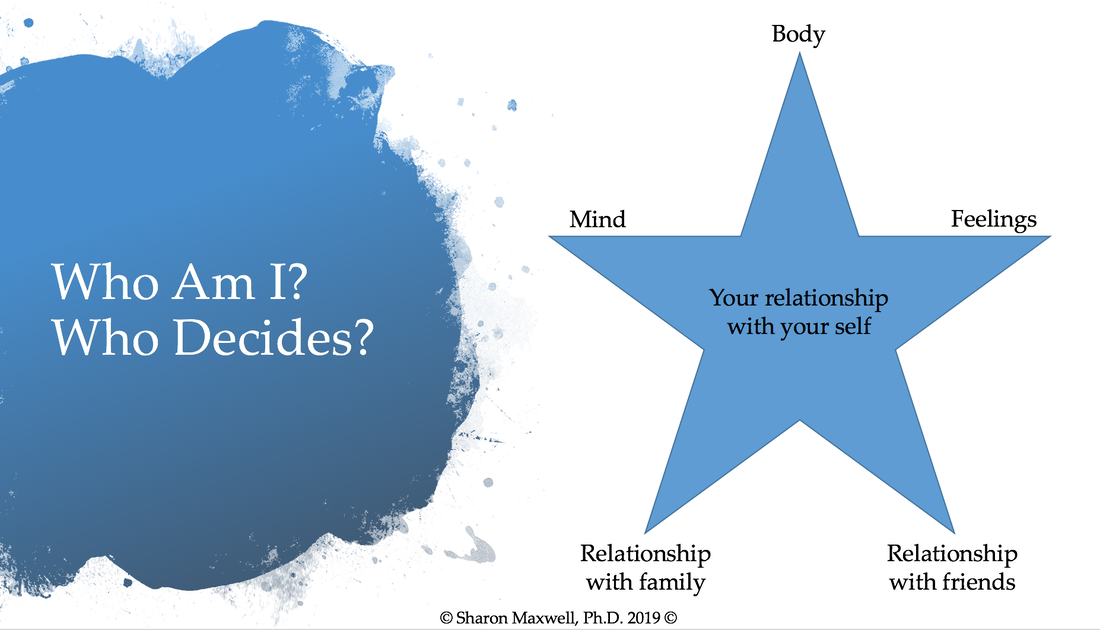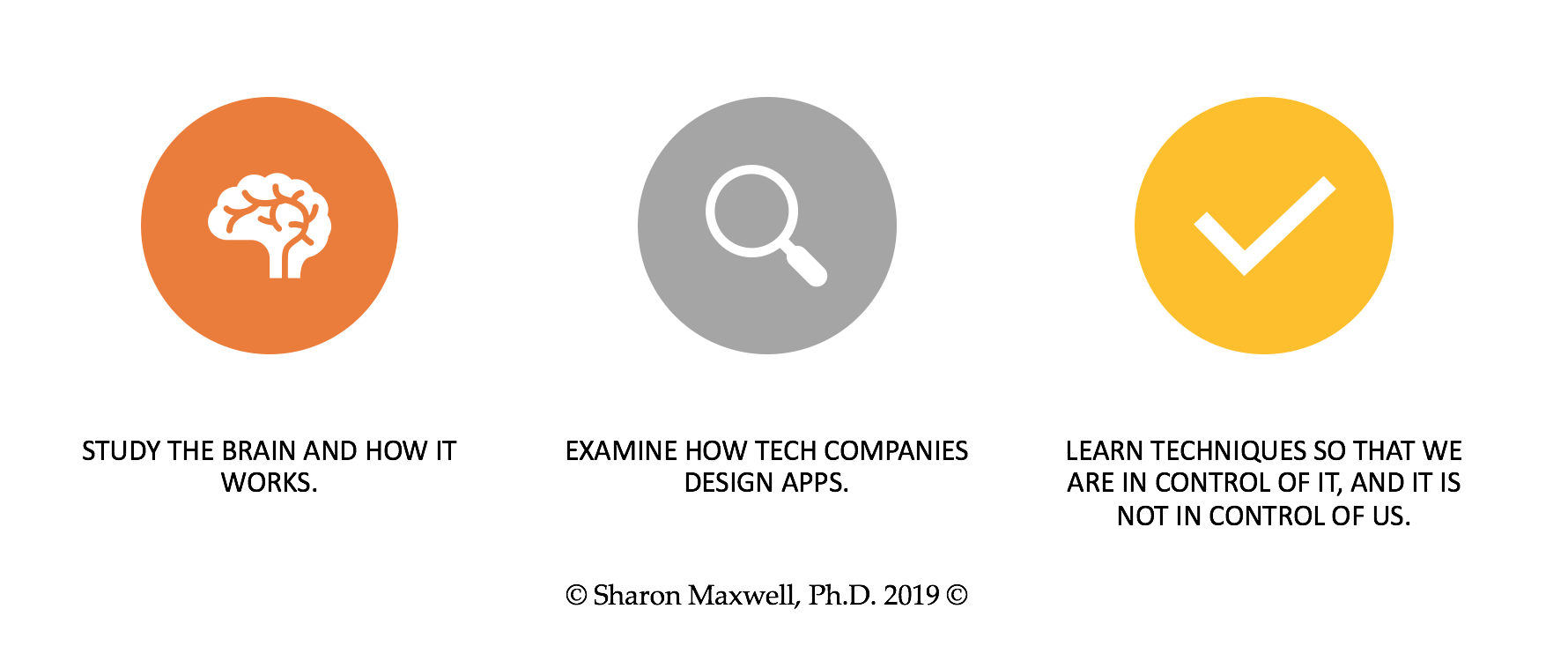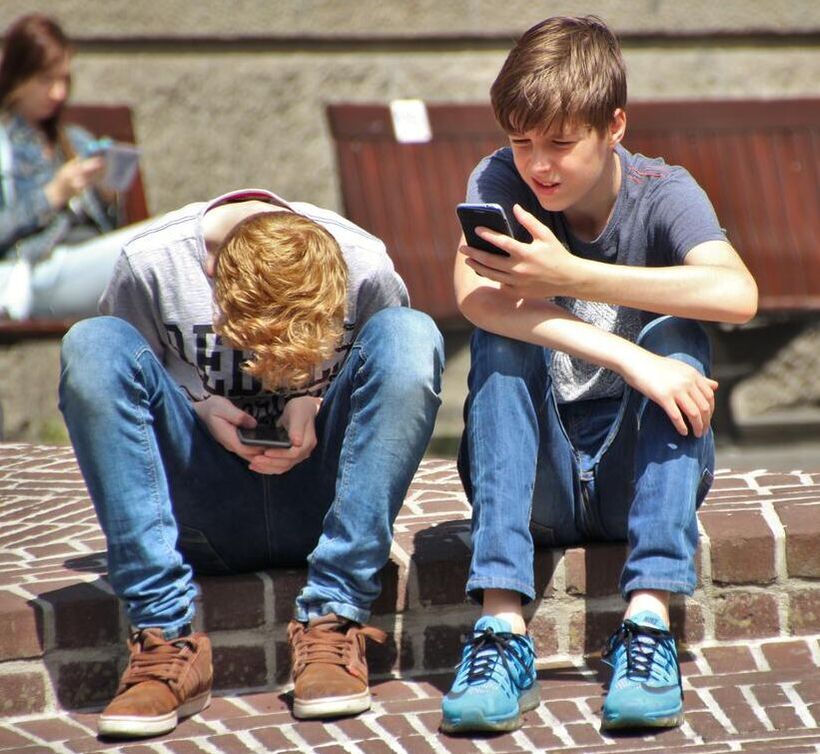We Work with You
|
We offer two approaches to our work with students:
|
Curricula
Sexual Health and Responsibility
|
The onset of puberty provides parents and educators with a window of opportunity for introducing children to the magnificent possibilities and responsibilities of becoming adult members of our community. This is a time when kids still want to hear what we have to say. Parents can begin a dialogue about sexual ethics and personal integrity. Educators can provide information in a positive, responsibility-based context.
The Sexual Health and Responsibility Curriculum maximizes the potential of both parents and educators to prepare children for the physical and emotional changes they will experience in puberty. It invites children to become active participants in their own maturation process by developing a sense of personal power through self-reflection and self-control. Each student is empowered to become the research scientist of their own growth and development. Sexual health cannot be taught in a vacuum. Understanding how the media influences our thinking about body image, gender, love, and relationships is integral to empowering children to develop and trust their own thoughts and feeling. |
Staying Human in a
|
This five-session curriculum guides students in developing the skills and awareness needed to navigate the complexities of the digital world with human values. Students become research scientists, exploring how media technology shapes their understanding of friendship, happiness, truth, and success.
Through stories and activities, students discuss: What are the pressures of needing to maintain an online identity? How does it feel to be available to everyone 24/7? What are the consequences of being able to distract yourself with a video game, anytime and anywhere? Students learn the effect of screens on the developing brain and discuss how their own sense of self is impacted by the relentless presence of technology. |
Workshops
Persuasive Design—The Psychology of Manipulation that Runs the Digital World |
Have you ever wondered why one YouTube video is never enough, why conspiracy theories are so prevalent online, or why it is near impossible to put down your phone?
We all know that the internet can be a powerful tool for social connection and information. What many don’t know is that the psychology behind social media—the psychology of persuasive design—has the power to manipulate our online behavior and impact our quality of life. In this workshop, students uncover the truth behind tech and how social media and gaming platforms use persuasive design to harvest and monetize our time and attention. Students become scientists of their own brains and the vulnerabilities we all face when tech companies know more about our brains than we do. Through activities and discussion, students examine the impact of social media and develop strategies to align their use with the lives they want to live. |
Staying True to Yourself in an Online World |
Social media and smartphones have become the new landscape where teens define themselves, develop relationships, and explore their sexuality. In this constantly evolving landscape there are no rules, and teens are given little to no direction on how to navigate this new world with respect for themselves and others.
This module has teens explore:
|
Setting the Stage for
|
We live in a culture and economy that runs on the relentless stimulation of desire. Our children are constantly being told that they need something new to be happy. What are we teaching them about happiness? How are we preparing them to navigate this culture anchored in values that will sustain them?
This two-part workshop teaches students to become aware of how their environment affects their wellbeing. Using activities, stories, and discussion, students explore the power of self-reflection and the muscle of self-control as important ingredients to feeling happy and proud of themselves. |
How Will I Know if I Am Ready?
|
Teens are hungry for intelligent conversations about how to make healthy sexual decisions, but they are too embarrassed to ask the questions and initiate a conversation. In this module, students engage in an informed discussion on the many complex considerations that go into these decisions. Students explore:
|
Let’s Talk about Love: Bringing Out the Best in Yourself and Your Partner
|
So many important decisions are made based on the feeling of being “in love,” but do we ever really discuss with teens what that means? How do you know you love someone? How do you know they love you? In the U.S., one in three teens is a victim of physical, sexual, emotional, or verbal abuse from a dating partner (USA Today). This statistic is startling. In a culture that presents love as losing yourself in another, we can proactively teach our children that true love flourishes when both partners bring out the best in each other and have the time and space to nourish their own unique voice. Using activities, videos, and discussion, students explore the qualities of a healthy relationship and learn to identify the warning signs of abuse.
|
Exploring Images of Masculinity and Femininity
|
Teens are flooded with images about what it means to be a man, what it means to be a woman—men depicted as unable to control their desires for comic effect, women portrayed as relentlessly attending to their physical appearance.
In this workshop, students learn to become critical consumers of the media’s portrayal of masculinity and femininity and to understand the subtle influences these messages have on their self-image. |
The Manipulative Power of Porn |
Sex is a magnificent part of the human experience and every person has a right to discover what sex, intimacy, and pleasure mean to them unencumbered by media and social manipulation. The pervasive impact of porn culture denies students the right to that discovery. Through honest discussions and accurate information, students feel empowered to challenge this porn culture and reclaim their right to discover their own sexual selves.
Using real life scenarios, this workshop invites students to explore the many ways that porn culture shapes their understanding of sex. |










